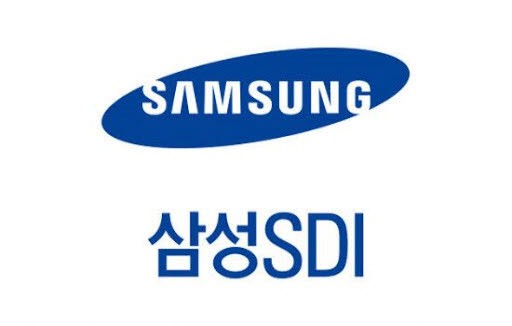Mass production in 2024… Production increases up to 20 GWh
Targeting the market for EVs and power tools
“Yearning to be the center of the global battery industry”
Samsung SDI will invest KRW 1.7 trillion to expand the production line for cylindrical batteries (standard 21700) in Malaysia. It is a strategy to target the battery markets for EVs and power tools.

Samsung SDI held a groundbreaking ceremony on the 21st for its second battery plant with a cutting-edge innovation line in Seremban, Malaysia. Samsung SDI Malaysia subsidiary (2nd plant) will invest KRW 1.7 trillion in stages until 2025 to produce ‘PRiMX’ 21700 (Width 21mm x height 70mm) cylindrical batteries, and it will begin its mass production in 2024. The annual production capacity of the new plant is from 15 up to 20GWh. The plant will not produce the recently introduced medium-large cylindrical batteries, ‘4680 batteries’ for EVs.
The batteries produced at the factory will be used in a variety of fields from power tools to micro-mobility and EVs.
Samsung SDI Malaysia is the first overseas subsidiary of Samsung SDI established in 1991. It began battery production in 2012 after going through an initial CRT manufacturing base. Samsung SDI CEO Yun-ho Choi, Governor Dato’ Seri Haji Aminuddin bin Harun, state legislators, state government agencies, South Korean Ambassador to Malaysia Chi-beom Lee, and POSCO Chemicals, W-SCOPE, Iljin Materials, and Malaysia Representatives of corporate partners were in attendance at the 2nd plant ceremony.
Samsung SDI CEO Yun-ho Choi said, “The groundbreaking ceremony is the beginning of our vision of ‘2030 Global Top Tier’. We will make our Malaysian subsidiary the center of the global battery industry through the successful construction and early stabilization of the second plant.” Governor Aminuddin said, “Samsung SDI’s investment in EV battery production facilities will continue to create jobs for youth in Seremban, and provide more opportunities to local companies.”
The global circular battery market is expected to grow at an average annual rate of 8%, increasing from 10.17 billion cells in 2022 to 15.11 billion cells in 2027 as it expands from existing power tools and micro-mobility to EVs and energy storage systems (ESS).
By Staff Reporter Tae-jun Park gaius@etnews.com
